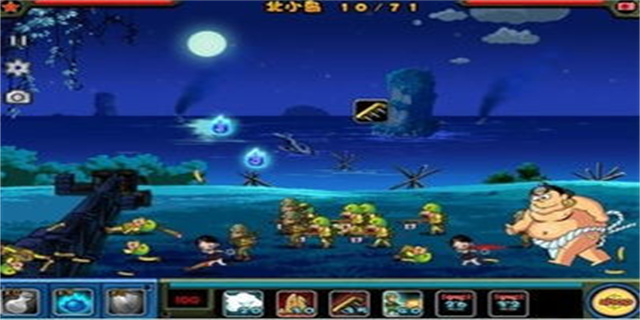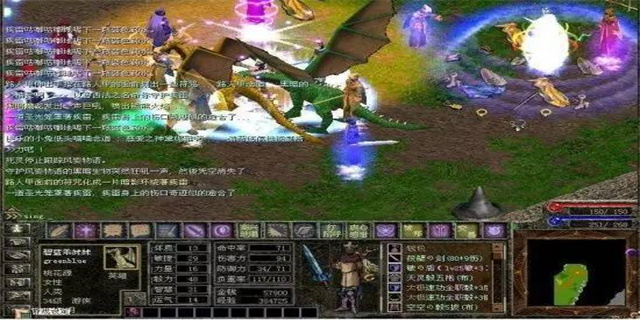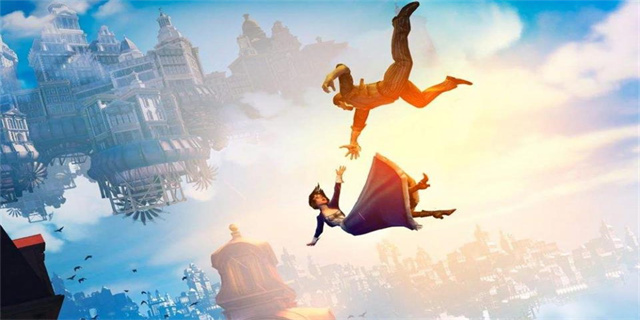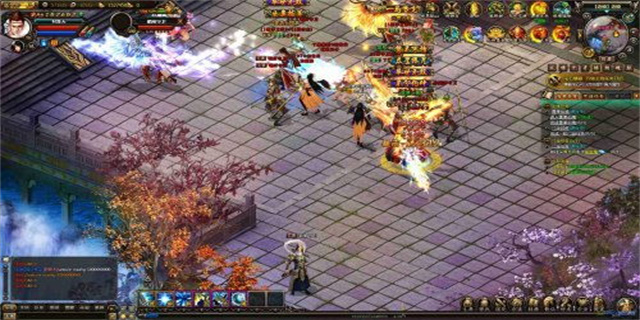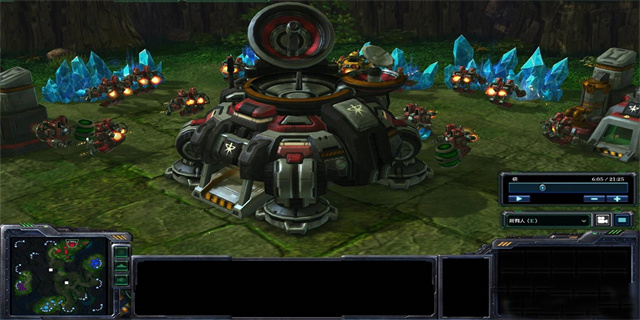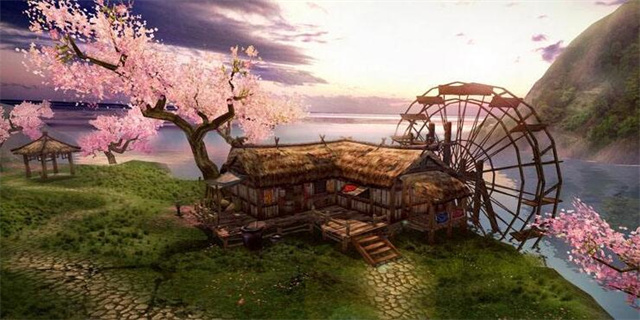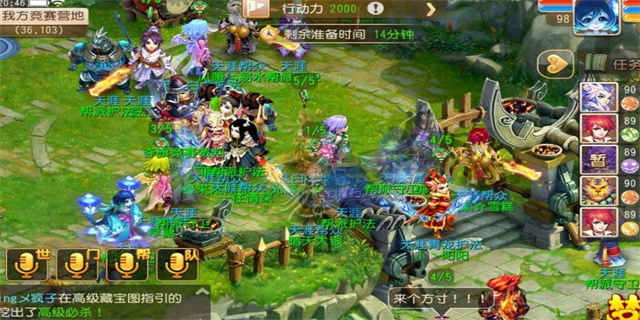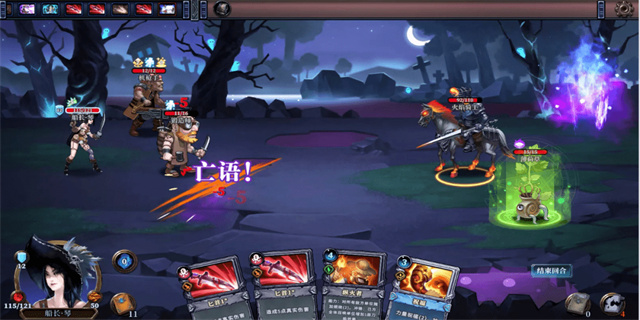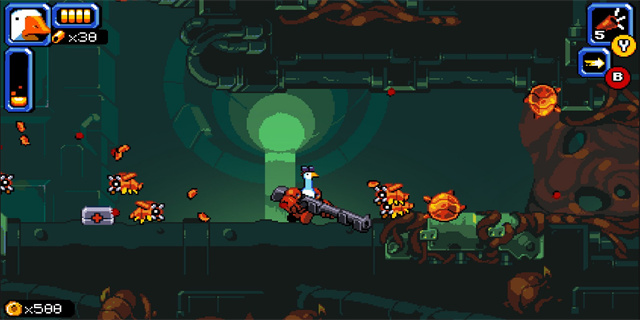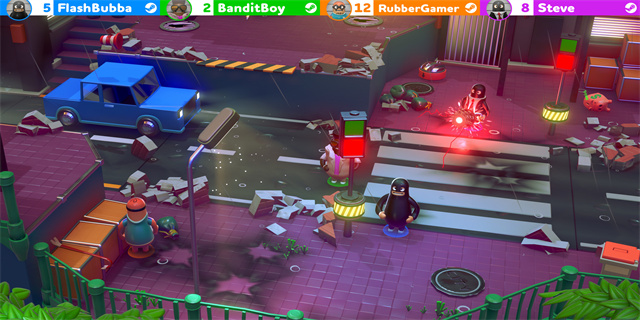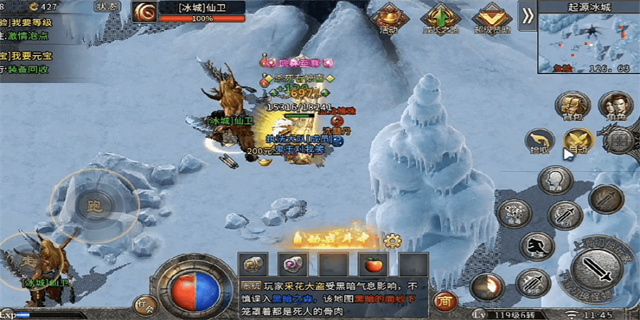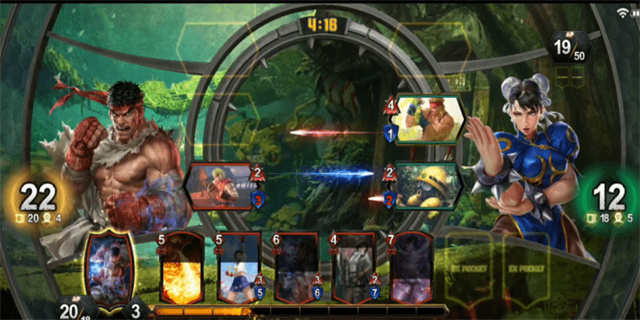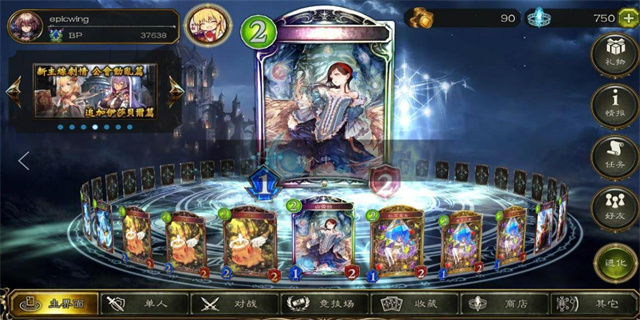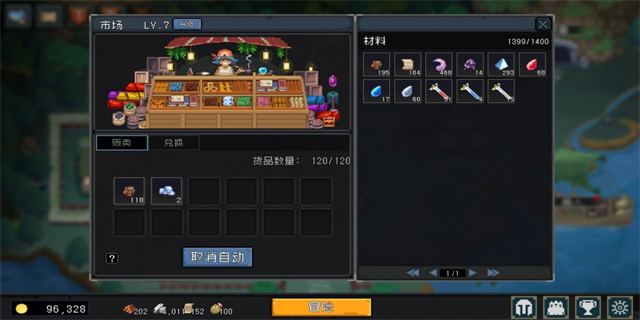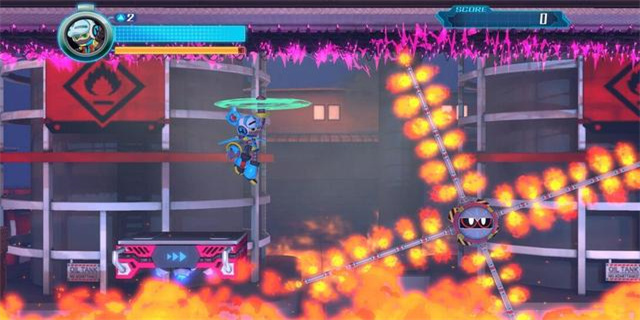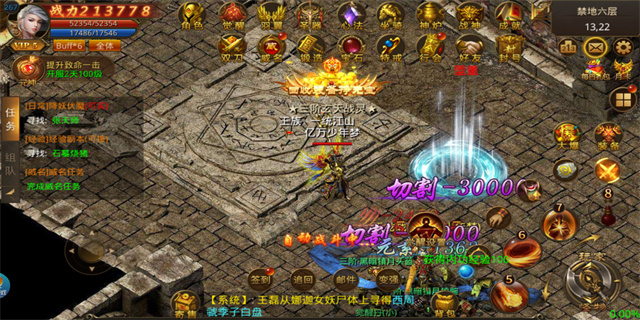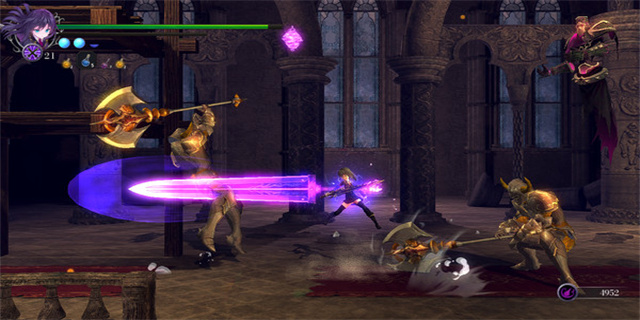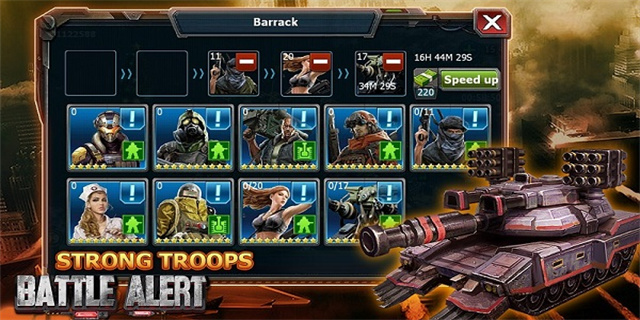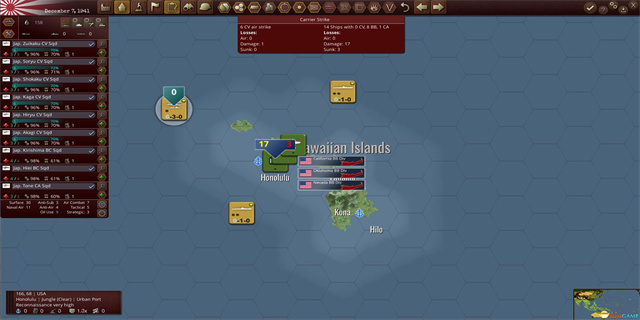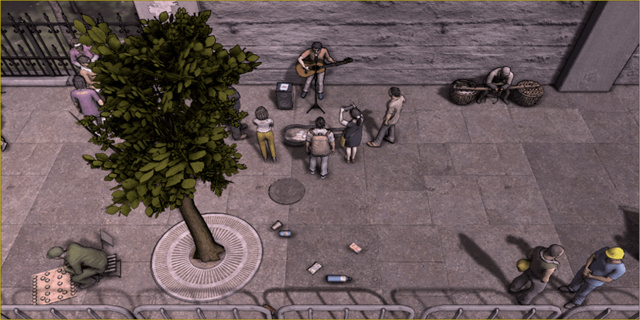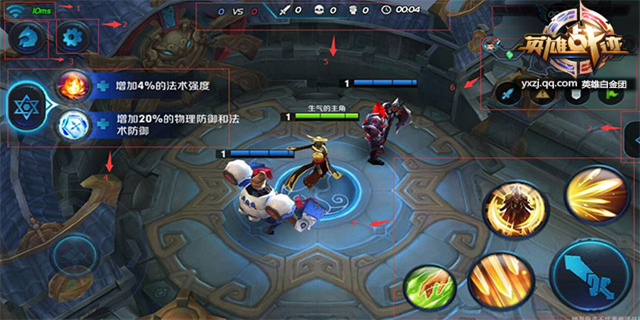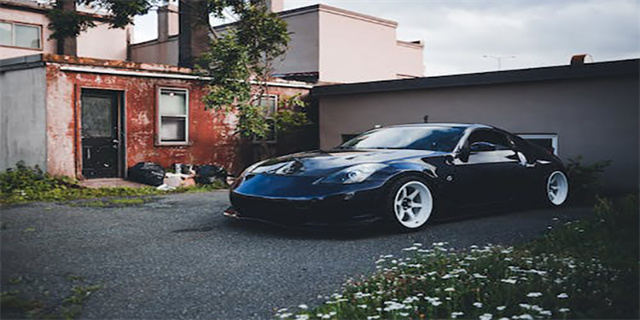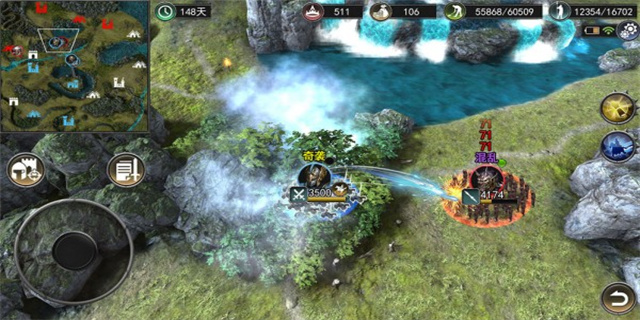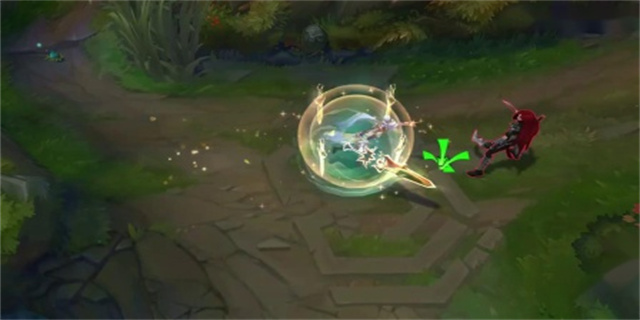Can Artificial Intelligence Become Creative?
The Rise of Artificial Intelligence
Artificial Intelligence (AI) has experienced tremendous advancements in recent years, surpassing traditional computing capabilities and demonstrating capabilities previously thought to be exclusive to human intelligence. From self-driving cars to voice assistants like Siri and Alexa, AI has truly become an integral part of our daily lives. However, one fundamental question remains: can AI ever become truly creative?
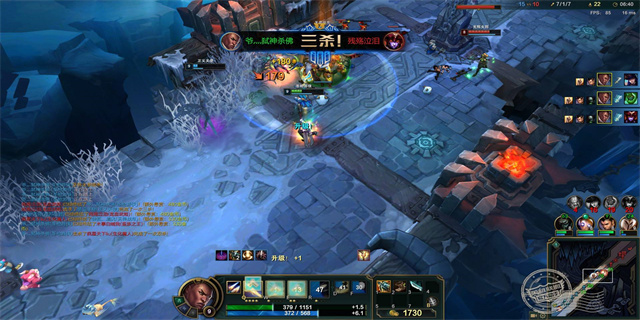
The Nature of Creativity
Creativity is often seen as a distinctively human trait, involving the ability to generate novel ideas, concepts, or solutions to problems. It encompasses the domains of music, literature, art, and invention, among others. It is a deeply complex cognitive process that emerges from a combination of knowledge, experiences, and the ability to think abstractly. Can AI, with its logical and algorithmic nature, ever replicate this mysterious and spontaneous human creativity?
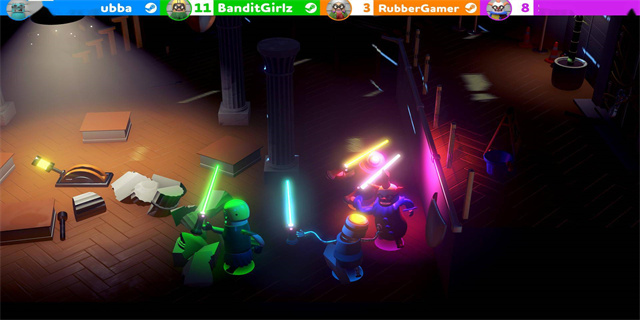
AI as a Tool for Creativity
While AI may not possess consciousness or emotions, it can still provide valuable tools for creative endeavors. AI algorithms can analyze massive datasets and generate patterns that humans may not have noticed. For example, AI can sift through millions of musical compositions and generate new melodies or even entire songs, mimicking the style of a specific composer or genre. This has led to innovative creations and collaborations between AI and human artists.
Furthermore, AI can assist artists in the process of creation. Design software powered by AI can generate endless variations of a particular design, helping designers to explore different possibilities and push the boundaries of their creativity. AI algorithms can also generate visual art, writing, and poetry, although the authenticity and originality of these creations are often debated.
The Limits of AI Creativity
Despite these advancements, many argue that AI will never be able to truly replicate human creativity. The essence of creativity lies in the ability to make subjective choices, to express emotions, and to connect seemingly unrelated ideas in unconventional ways. It is a deeply personal and intuitive process that AI, lacking subjective experiences and consciousness, cannot fully comprehend or replicate.
AI may be able to generate creative outputs, but critics argue that it can only mimic existing styles, lacking the ability to innovate or break new ground. AI can analyze patterns and preferences from large datasets, but it cannot conceive entirely new ideas or create something truly original.
The Future of AI and Creativity
Despite its current limitations, AI's potential for creative applications is expanding rapidly. As AI continues to evolve, it may develop the ability to simulate human-like subjective experiences, emotions, and consciousness. This could potentially lead to AI generating creative outputs that are indistinguishable from those of human creators.
However, a more optimistic view is that AI and human creativity can complement each other, leading to new forms of art, music, literature, and inventions. AI can provide inspiration, generate alternative possibilities, and help artists and creators overcome creative blocks. By working in collaboration with AI tools, human creators can enhance their own creative abilities and explore uncharted territories.
Conclusion
While the question of whether AI can become truly creative remains open, it is evident that AI has the potential to revolutionize the creative process. As it continues to evolve and improve, AI can assist and augment human creativity, opening up new opportunities and possibilities for innovation in various artistic and intellectual domains. The future of AI and creativity may hold exciting and unforeseen developments, expanding the boundaries of what we perceive as creative.
